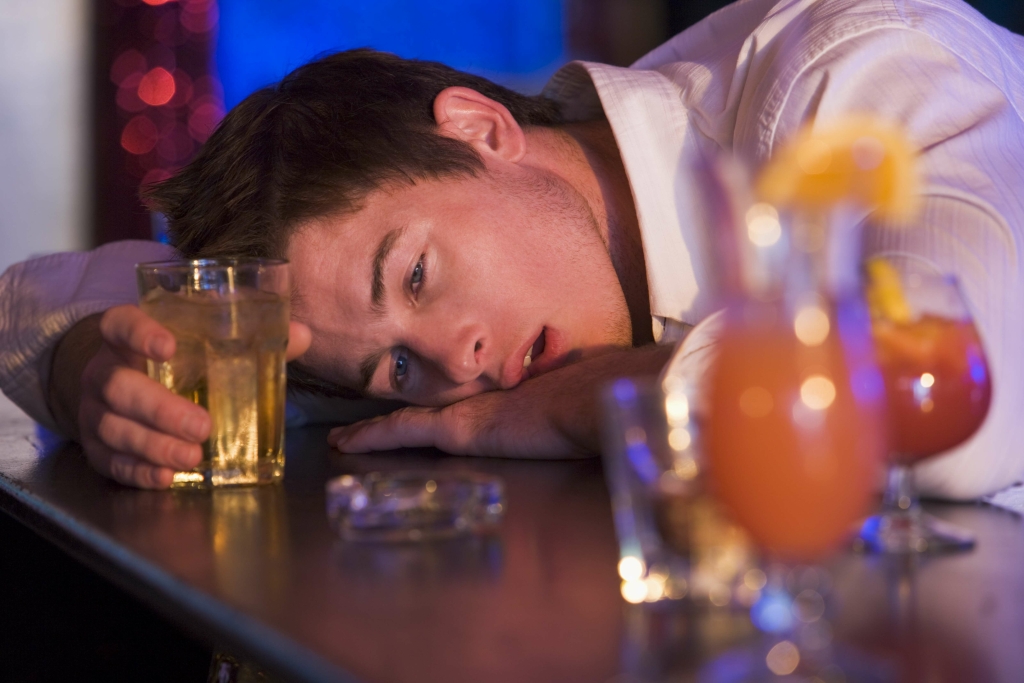Alcohol and migraine: trigger factor, consumption, mechanisms A review Full Text
We constructed unconditional logistic regression models with robust sandwich estimators of variance and stratified on participant and day of week as indicator terms. We estimated the odds ratio of a headache on the day following 1, 2, 3, 4, or 5+ servings of alcohol compared to no intake. We conducted a test for linear component of trend by determining the statistical significance of a term for the alcoholic beverage intake as linear continuous variable. After using the above key terms, 1,892 articles were identified in the three databases. 511 papers were found in PubMed, 773 in Embase and 608 in Web of Science. Subsequently, 38 non-English articles, 30 animal studies, seven studies concentrating on molecular pathways to alcohol intake and 562 papers not related to our topic were removed from the remaining records.
Alcohol and Migraine: Trigger, Not a Cause
While the exact reasons why alcohol triggers headaches are still not fully understood, there are some steps you can take to reduce your risk and enjoy a drink without pain. While there is no magical alcohol that doesn’t cause headaches when consumed in excess, alcohol does vary tremendously from manufacturer to manufacturer. Top-shelf brands not only taste better but may also be less likely to prove a migraine trigger.
Can alcohol give you a migraine attack?

In a 2018 study involving 2,197 people with migraine, 25% of the participants who stopped or always avoided drinking did so because alcohol triggered migraine attacks. More than a third of the participants said that alcohol had this effect, with about 78% naming red wine as the most common alcohol trigger. However, in other countries (France, Italy) white wine (in France also champagne) is viewed as the major culprit 5, 6. In addition, another study reported a surprisingly higher correlation of spirits and sparkling wine to migraine attack, compared to other alcoholic drinks. Low doses of alcohol during meals significantly lower the frequency of induced-attacks and the alcoholic consumption during stress was related to higher migraine attack frequency 37.

Individual Variability
Much like food triggers for migraine, people may have a higher sensitivity to certain organic components commonly found in alcoholic drinks. Studies show that many people with migraine choose not to drink alcohol for fear that it may trigger a migraine attack. However, researchers aren’t clear on exactly how or why alcohol alcohol and migraines can impact migraine. There is even some debate about whether alcohol itself or another chemical component in alcoholic drinks acts as the trigger. This uncertainty makes it difficult for many people who want to responsibly enjoy alcohol during the holidays or on special occasions to effectively manage their migraine symptoms.
Previous PostMaking Lifestyle Changes to Avoid Headaches
The majority of cohort studies were within the range of 3–7 points, thus receiving a high risk of bias 52, 55, 58. A detailed description of risk of bias assessment for the cohort studies is presented in Table 3. In cross-sectional studies, six out of the 11 had a high risk of bias 46,47,48, 51, 56, 60, because they received fewer than 6 positive answers.
Alcohol consumption is a common part of social gatherings and celebrations for many people. While moderate drinking may not cause any significant health issues for most individuals, some may experience unpleasant side effects such as headaches or migraines after consuming alcohol. The exact mechanism behind this observation may indicate that migraine leads to alcohol-avoidance rather than alcohol having a protective role against migraine. However, there is a need to conduct further studies related to primary headaches and alcohol consumption with low alcoholism risk of bias.
Is there a safe amount of alcohol to consume without triggering a migraine?

Last but not least, some kinds of alcohol, such as red wine, contain additional known migraine triggers, such as histamine or tyramine, which can trigger migraine in sensitive individuals irrespective of the alcohol content. Past studies conducted in different countries report that one-third of migraine sufferers believe alcohol consumption is an occasional migraine attack trigger. Those studies revealed that 10% of persons with migraine reported alcohol as a frequent trigger for a migraine attack. It is important to note that gender did not influence the outcome of these studies as male and female participants reported comparable results.
Migraine sufferers also show different drinking habits – they consume less alcohol, especially beer and liquors. Similar findings were found in other studies.15,16 It is possible, that due to higher tendency to develop hangover, “experienced” migraine sufferers voluntarily reduce their alcohol consumption, to avoid unpleasant hangover experience. If, after keeping track, you become convinced alcohol is the problem, then it’s now time to identify the symptoms. A common misconception is that overconsumption of alcohol is what triggers headaches. As many migraine sufferers can attest to, sometimes it just takes one glass of wine or even a sip. It is clear that quantity can play a role in triggering headaches, and quality probably plays a role, but we do not know for sure how any type of wine or alcohol will affect people with migraine or who are prone to headaches.
- Same‐day alcohol intake (Yes/No), and quantity of each type of alcoholic drink had 4.7% missing values.
- There can be confounding by time-varying characteristics (e.g. nightly sleep) related to the timing of alcoholic beverage intake and migraines on a particular day.
- Mounting evidence suggests there may be a connection between migraine and mental health.
- If you suffer from migraines triggered by alcohol, it is important to identify your specific triggers and consider reducing or eliminating alcohol.
It is important to note that the impact of alcohol on migraines is highly individualised. While some people may experience migraines after a single sip, others may find that alcohol triggers migraines only during vulnerable periods, such as hormonal changes, stress, or weather fluctuations. Alcohol is a trigger for migraine in some people, with one study finding that around a third (33%) of people who get migraines are sensitive to alcohol.
Some symptoms can last for weeks, months, or even years because of a condition called Post-Acute Withdrawal Syndrome (PAWS). This dehydration can in turn can contribute to triggering a migraine in susceptible individuals. Higher alcohol content generally increases the risk of triggering a migraine. Alcohol headaches usually happen after drinking and are often due to dehydration and some other factors.
Still, in population-based studies in various countries, including the U.S., Japan and Italy, researchers found that fewer people with migraine consume alcohol than those without migraine. This indicates that people with migraine and other headache diseases may be more likely to give up alcohol because they perceive it as a possible migraine trigger. It’s helpful to know what is the difference between a hangover and a migraine attack. A hangover headache is a headache that usually appears the next morning after consuming alcoholic beverages. This kind of headache is marked by a delayed onset and is referred to as a delayed alcohol-induced headache (DAIH).